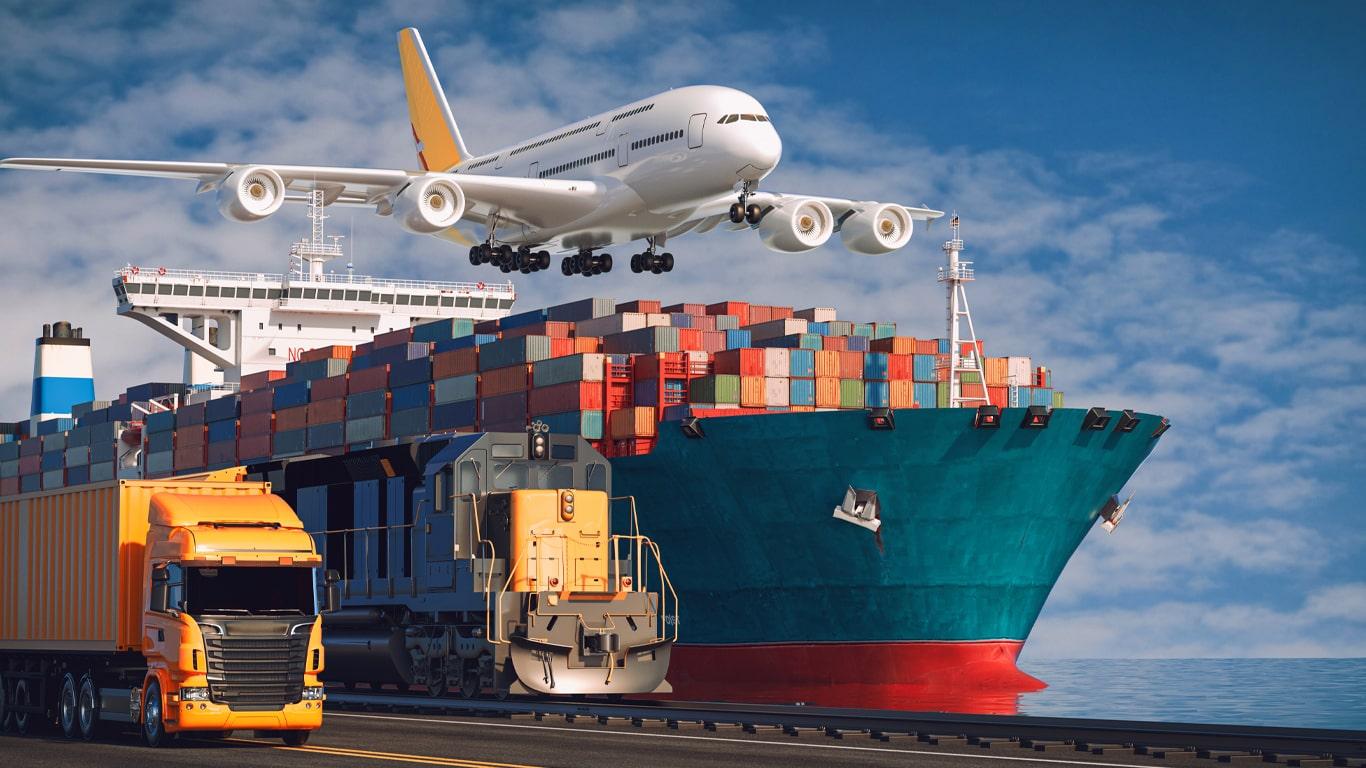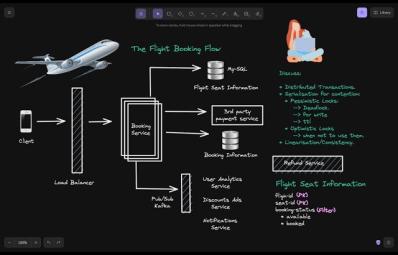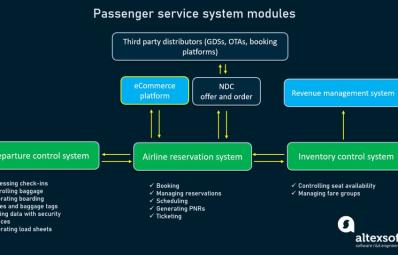Posted At: Feb 28, 2025 - 106 Views

Introduction
International trade plays a key role in economic development, offering businesses access to global markets, diverse resources, and new consumer bases. However, exporting goods and services comes with challenges such as trade restrictions, regulatory compliance, cultural barriers, and logistical complexities.
This discussion explores the benefits of globalization, export limitations, and strategies for overcoming trade barriers, with real-world examples from market entry strategies and regional trade agreements.
🚀 Download the Full Discussion (PDF): Click Here
1. How Global Trade Facilitates Economic Growth
📌 Key Insight: International trade boosts production efficiency, promotes competition, and enhances economic stability.
🔹 Key Benefits of International Trade:
✔ Specialized Production: Countries focus on industries where they have a competitive advantage (e.g., Germany in automobiles, the U.S. in technology).
✔ Economies of Scale: Increased market access reduces production costs and enhances efficiency.
✔ Greater Consumer Choices: Trade expands product availability, leading to better pricing and competition.
✔ Global Economic Integration: Trade fosters economic cooperation, political stability, and cultural exchange.
💡 Takeaway: Countries engaging in global trade and market liberalization benefit from higher efficiency and stronger economic performance.
2. Key Barriers to Exporting & Global Market Entry
📌 Key Insight: Businesses must overcome multiple trade barriers to succeed in international markets.
🔹 Common Export Challenges:
✔ Trade Restrictions & Tariffs: Import duties, quotas, and trade regulations increase costs for exporters.
✔ Regulatory Compliance: Navigating foreign legal systems and administrative procedures is complex.
✔ Cultural & Language Differences: Misunderstanding consumer preferences can hinder market success.
✔ Logistics & Supply Chain Issues: Infrastructure limitations affect product delivery and customer satisfaction.
💡 Strategic Takeaway: Successful exporters adapt their strategies to local markets, ensuring compliance with regulations, cultural preferences, and logistical constraints.
3. Case Studies: How Companies Overcome Export Barriers
📌 Case Study 1: Japan’s Trade Dependency & Resource Allocation
✔ Japan imports raw materials & energy sources due to limited domestic resources.
✔ Trade agreements & partnerships allow Japan to sustain industrial production & economic growth.
📌 Case Study 2: Regional Comprehensive Economic Partnership (RCEP)
✔ The RCEP agreement enhances trade between Asia-Pacific nations by reducing tariffs & market entry barriers (Jia et al., 2022).
✔ Trade liberalization within RCEP promotes regional sustainability & economic integration.
📌 Case Study 3: Export Barriers & Market Adaptation
✔ Companies facing high tariffs & regulatory challenges adapt by forming local partnerships.
✔ Customizing marketing strategies for cultural preferences improves consumer engagement & brand loyalty.
💡 Policy Insight: Governments that reduce trade barriers & support exporters improve national competitiveness in global markets.
4. Practical Strategies for Export Success
✔ Market Research & Entry Strategy: Companies should analyze target market conditions, legal frameworks, and competition.
✔ Strategic Partnerships: Collaborating with local distributors helps businesses navigate regulatory & cultural challenges.
✔ Adaptation & Customization: Customizing products, marketing, and branding ensures higher consumer acceptance.
✔ Supply Chain Optimization: Streamlining logistics operations reduces shipping delays & costs.
💡 Best Practice: Companies that integrate localized market strategies & compliance frameworks achieve higher success rates in global expansion.
Conclusion
While international trade enhances economic growth and global connectivity, businesses must overcome trade barriers, regulatory challenges, and cultural differences to succeed. By leveraging strategic partnerships, adapting marketing efforts, and ensuring compliance, exporters can expand their reach and achieve sustainable success in international markets.
📥 Download Full Discussion (PDF): Click Here
Related International Trade & Business Strategy Resources 📚
🔹 How to Overcome Trade Barriers & Expand Globally
🔹 The Role of Trade Agreements in Global Market Expansion
🔹 International Business Strategies for Overcoming Export Challenges
📌 Need expert research on global trade strategies? 🚀 Our professional writers at Highlander Writers can assist with market entry research, trade policy analysis, and export strategy development!
Leave a comment
Your email address will not be published. Required fields are marked *










